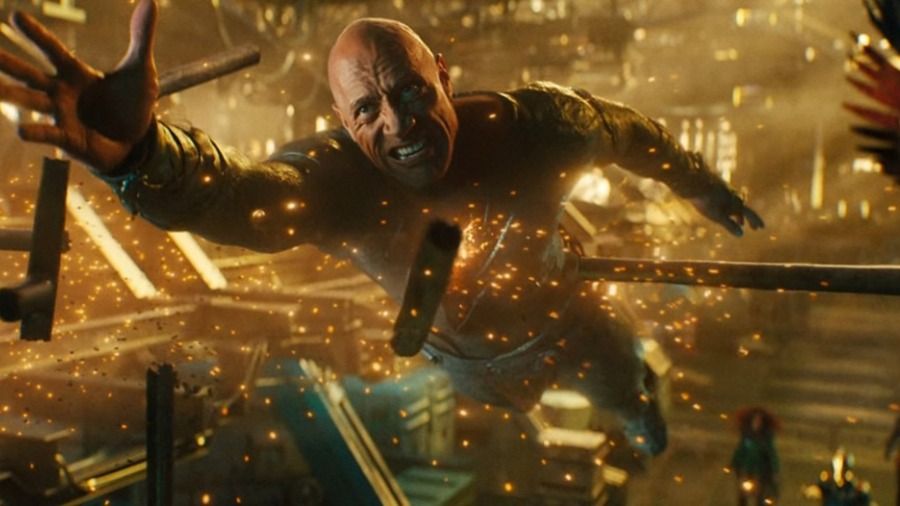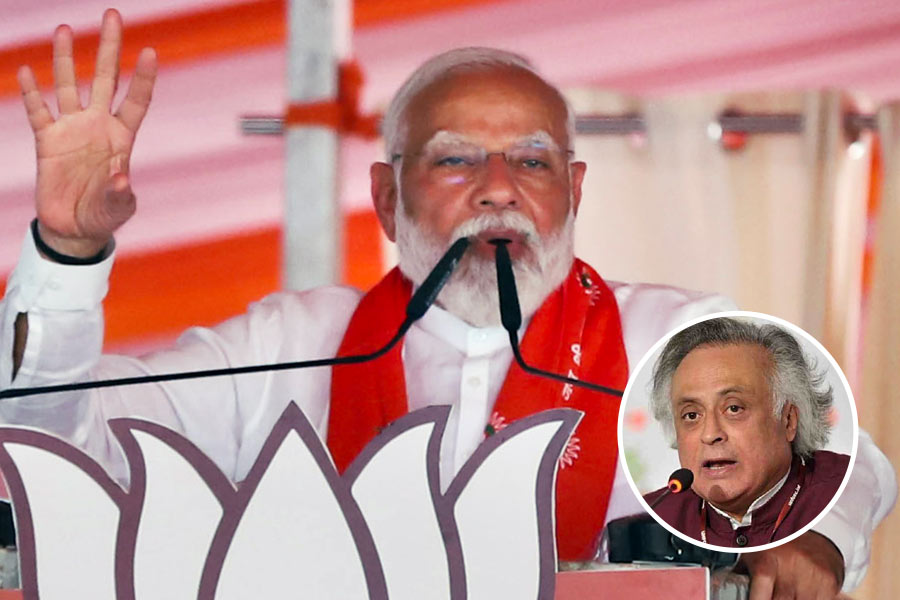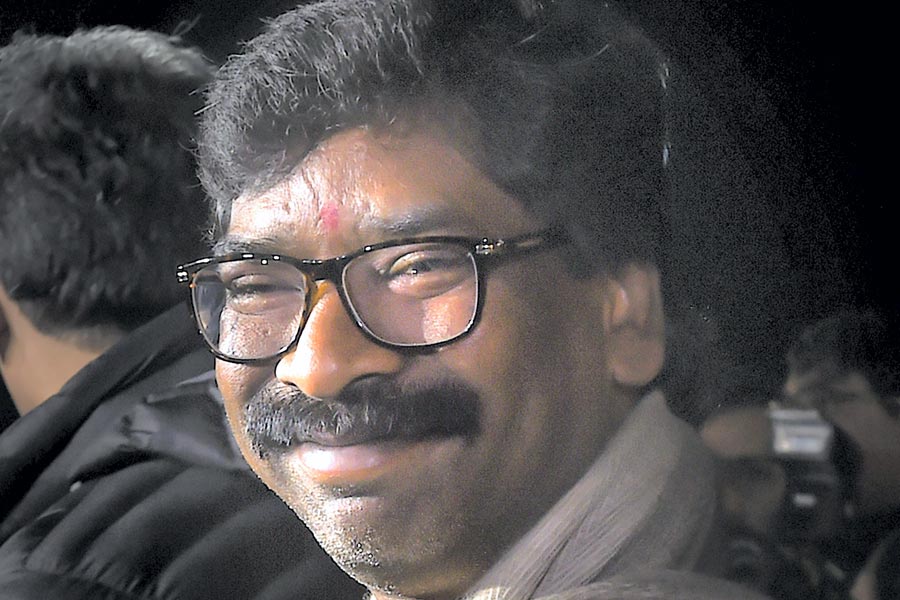In a recent tweet, Dwayne ‘The Rock’ Johnson mentioned that Black Adam, in which he stars as the titular character apart from being the producer, will serve as the ‘Phase 1’ of storytelling for DCEU (DC Extended Universe). That’s a confusing statement considering there were other fairly well done DCEU movies in the past. And Black Adam doesn’t exist in an alternate timeline. So should we forget everything that has happened before? Apparently not.
Black Adam was first pitched by Johnson 15 years back, in 2007, and was in development for over a decade before the news of it finally happening started to solidify. Fifteen years to make Black Adam, a film which feels like it really should’ve been just made and forgotten 15 years back.
Black Adam ignores all traits of recent superhero films
After 2007, the world has witnessed iconic superhero films — be it the final two instalments of The Dark Knight trilogy, or the entire Marvel Cinematic Universe. Cinematic language for the “superhero genre” evolved in the last 15 years. What was once a genre majorly for kids started to draw a huge footfall from adults who were there for more than just CGI fights. Superhero films of recent times have become intellectually stimulating, controversial and debatable — traits that warrant a genre be taken seriously. Black Adam ignores all of that.
Black Adam is about an anti-hero who questions the people who draw the line between right and wrong. Yet the script and execution are so poor that the characters feel two-dimensional and the thematic intention feels performative. The movie is unaware of its own chronology. A lot of importance was given to the primary thematic question — who is a hero? “Heroes don’t kill,” you hear the Justice Society say a lot of times. That would have been far more impactful a question had the superhero films, at large, hadn’t already asked this a hundred times in one way or another.
Even within the DCEU, ‘who is a hero’ has been a thematic unifier very much since Man of Steel. The theme becomes even more pronounced in its direct sequel Batman v Superman: Dawn of Justice, where the man, Batman, questions the God, Superman, for his actions — nearly destroying Metropolis and Gotham during a fight with General Zod. So if Black Adam isn’t a reboot for DCEU and its central question of heroism is age-old, what new phase is it really starting?
Marvel’s phases are divided methodically; DC doesn’t seem to have that plan
The era where franchises are divided into phases started with the Marvel Cinematic Universe. One could argue it was the Star Wars franchise that got there first, but they weren’t in ‘phases’ in the same way we now use for the MCU.
Each phase in the MCU usually consists of six to 12 films. Marvel’s phases are divided methodically — the first phase introduces the primary characters; the second phase introduces the supporting characters while elaborating on the thematic challenges for the primary characters; and the third phase resolves the character arc and the larger thematic challenge for all the characters. Three phases make a saga.
The Infinity Saga (Phases one through three) has now opened doors for The Multiverse Saga (Phases four through six). DC doesn’t seem to have a similar plan or a methodology. Batman, DC’s most prominent superhero, did not get a standalone film in the DCEU before and after his first appearance in Dawn of Justice. There was little character development when we first met him on the big screen and there’s been only surface-level character development since then.
The same goes for the rest of the Justice League — Wonder Woman, Aquaman, Cyborg and Flash. The characters are introduced in cramped-up first acts of a team-film and then they’re fleshed out in their standalone films — with Cyborg yet to get one. There’s no reason that this approach shouldn’t work. DCEU doesn’t have to follow the footsteps of MCU. So sure, flip the method. However, even within this approach, DCEU has failed to deliver consistent hits.
Black Adam is inconsistent with the larger narrative of DCEU
Contrary to the accepted DCEU approach, Black Adam doesn’t follow this method. Johnson insisted on having his standalone film first before entering the milieu of Shazam where the tone tends to lean on the lighter side. In theory, this is a great decision and an opportunity to really get under the skin and mind of Teth-Adam/Black Adam before we see him fight Shazam. Yet the film fails, not just as a standalone film but also as a piece within the larger DCEU.
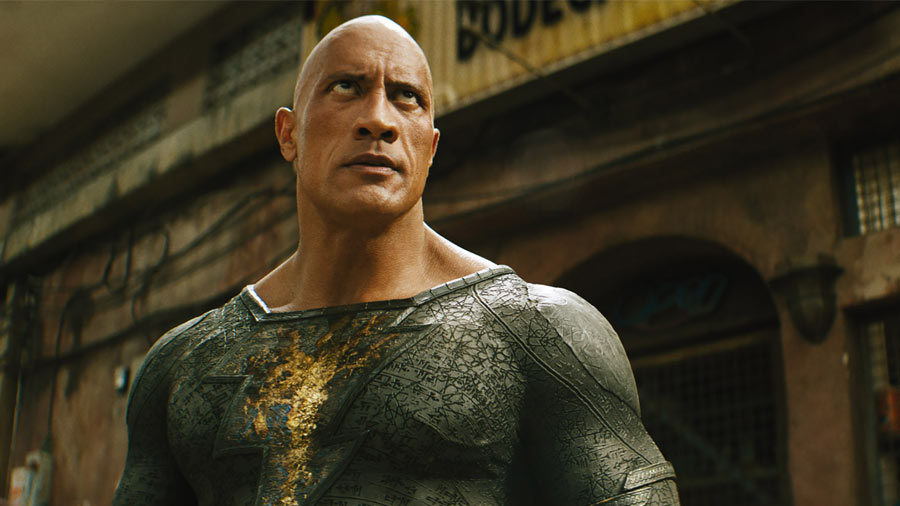
Dwayne Johnson played the role of Black Adam. Twitter
Black Adam is inconsistent with the larger narrative of the universe. “Heroes don’t kill”, but heroes do in this universe. The Justice Society doesn’t show up when the Earth is getting nearly destroyed by Steppenwolf and Darkseid. And Superman wasn’t the first choice to stop Black Adam, given how similar their powers are. The writing is convenient, drawing references to the past films when it helps the film’s pre-decided narrative and completely rejecting past films when it doesn’t. The problem could be blamed on lazy writing and direction, sure, but also the lack of a singular unifying vision.
DC lacks the leadership that MCU shows under Kevin Feige
MCU — and whatever your opinion of the franchise may be — has a singular thematic voice, primarily because it has its dictator of sorts, Kevin Feige, taking final calls. While the tone for each film differs, largely based on the characters and the directors, the overarching narrative, vision and flow remains consistent.
DC lacks the same leadership. And it’s showing in their films. Whenever DC makes standalone films that aren’t part of the DCEU franchise — Joker or The Batman — they’re making some of the most intellectually stimulating films that redefine the genre. But within the franchise, where the larger narrative needs to be decided half a decade in advance, it’s a different story altogether.
Black Adam and the choices approved by DC also reflect the leadership’s complete lack of unawareness of the superhero films made in Marvel. Why else was Dr. Fate, the DC equivalent of Marvel’s Dr. Strange, made to have the exact same visual treatment as Strange to show his powers? Sure, Fate was introduced first in the comics, but he was introduced second in this medium. Fate’s powers felt like the exact same VFX template of Strange in the mirror dimension. Did the studio not think it once from a superhero-fatigued audience’s perspective? It raises eyebrows. Why would the studio not want to make tweaks to the story or a character based on the present times?
Of course, this wouldn’t have mattered had the powers really mattered and been integral to the story. Sadly, it wasn’t. Instead we were made to watch a scene that felt like a throwback to Strange and Stark’s only possibility for survival conversation, where Hawkman and Dr. Fate say goodbye to each other before the climactic scene. However, despite the gorgeous cinematography and soulful music, it felt like an emotionless scene. Unlike the Infinity Saga, DC did not build the relationship between the two characters for us to feel any sadness when they have to say goodbye.
DC is following in Marvel’s footsteps but with shortcuts
DC says that it doesn’t want to parallel Marvel but their actions prove otherwise. They do follow Marvel’s footsteps but they do so with shortcuts. Hence, the lack of emotional depth in their films. The lack of connect between DC leadership and the real world is also seen in the team that they put together for the films.
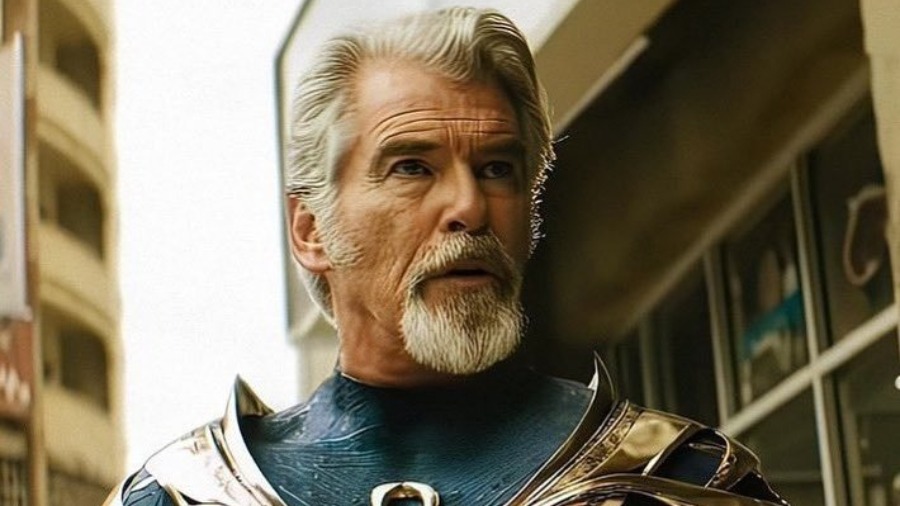
Pierce Brosnan played Dr. Fate in Black Adam. Twitter
Black Adam, though not the first superhero of colour in the DCEU, is the first from the Middle East. A huge step in the right direction. Had Johnson been not so hellbent on playing the part himself, they could have actually had an actor of Middle Eastern descent to play the part. Well, for a second let’s just agree that Johnson has to play the part, then why not have a director of Middle Eastern descent? Sure, the you-write-what-you-know rule doesn’t apply anywhere but it could’ve certainly helped here.
Black Adam shows a war-torn Middle Eastern country with such lack of sensitivity and nuance that their script choices feel performative. Had they really wanted to bring about any changes, they would have had a better and more diverse team more rooted to the story, behind the scenes. In this department, MCU has really stepped up in the last few years, having hired directors, showrunners and head writers of diverse ethnic backgrounds so that their newly introduced diverse characters and their stories not just feel relatable but the nuances help them reach the widest possible audience.
That said, DC has the opportunity to really shake up everything. The Flash and its use of alternate timelines can allow the franchise to go in all sorts of directions. There are many movies in production and development in the DCEU itself — The Flash which will mark the comeback of Micheal Keaton as Batman along with Ben Affleck who’ll play another version of the same character. Sasha Calle is joining the film as Supergirl. There’s a Shazam sequel that’s ready for release next year and a Wonder Woman sequel in the works. In addition to these, a sequel to 2013’s Man of Steel has finally been announced with Henry Cavill coming back as the character. There’s no way to make sense of the chronology of these anymore. We’ll just have to wait and watch and connect the dots as and when we watch the films. And this is just the DCEU.
Outside the extended universe franchise, DC’s future looks slightly brighter. A sequel to both the critically director-driven films, Todd Phillips’s Joker and Matt Reeves’s The Batman are in development. Spin-off series of Penguin and the Gotham PD are also set for HBO Max. It’s still unsure where Ta-Nehisi Coates’s Black Superman film fits into all of this. But should they choose to opt for the standalone series approach that Phillips and Reeves were allowed to take, there are a lot of cinematic opportunities there as well.
Black Adam did not do anything to start a new phase for the DCEU, neither did it shake up the hierarchy of power. Things are exactly where they were before, maybe a little worse. DC’s leadership may be all over the place but their characters still make some of the more iconic superhero mythologies of the present time. Let’s hope the studio doesn’t disappoint their own characters.

